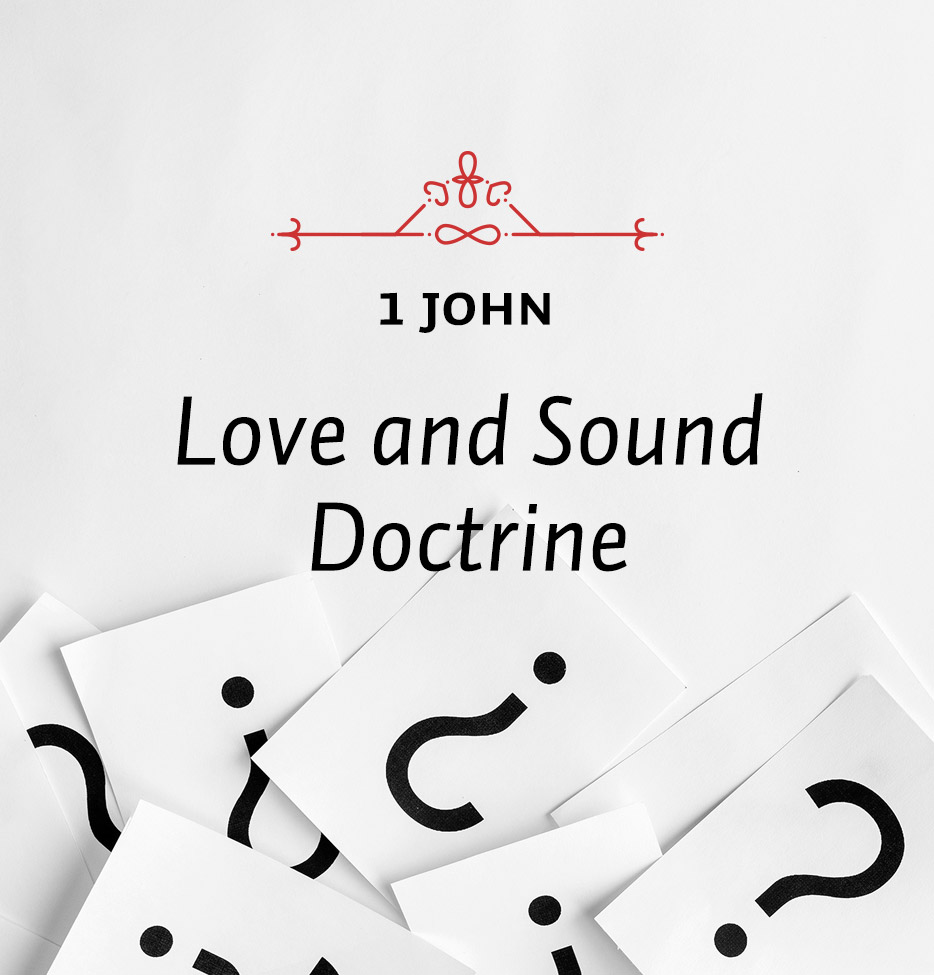The confession of Christ is mentioned as the first evidence of the Spirit’s activity because it is at the point of confession that the Christian life may properly be said to begin. “And we have seen and do testify that the Father sent the Son to be the Savior of the world. Whosoever shall confess that Jesus is the Son of God, God dwelleth in him, and he in God” (vv. 14-15). Once again, as in numerous spots throughout the letter, John phrases his confession of Christ in words which would be especially challenging to those faced with the Gnostic heresies. He emphasizes that God the Father sent the eternal Son to be the Savior and that the historical Jesus is that eternal Son.
This should not obscure the fact that there are additional theological riches in the verses, however. For one thing, there is the doctrine of a lost world that needs a Savior. This “world,” as was pointed out in the earlier discussion of 2:15-17, means the world of men as it is in rebellion against God. A second doctrine is the full deity of Jesus Christ. A third is the focal point of His mission, which was to be the “Savior of the world.” It was for this that God “sent” Him, says John. A fourth is the matter of God’s own motivation in the work of salvation, which is “the love that God hath to us” (v. 16).
The second evidence of the Spirit’s activity is love for God and one another; for John concludes by saying, “God is love, and he that dwelleth in love dwelleth in God, and God in him.” In other words, the love to which Christians were exhorted in verses 7-12 is now said not only to be a most solemn duty but also to be a striking evidence of the Spirit’s activity.
Here certainly, in a combination of the ideas of the internal work of the Holy Spirit, belief in Christ as the Son of God and Savior, and the supreme point of Christian ethics which is a two-pronged love both for God and man, is a high point of the epistle. John is dealing with the subject of assurance (as he has been throughout) and has expressed it under several aspects. There is a subjective side, but it is without those unreliable, so-called spiritual experiences on which so many depend, such as tongues, miracles, feelings, and so forth. There is also an objective side, but this is not without those tender expressions of love which temper mere orthodoxy and validate it.
Dodd writes of these verses:
This closely knit statement therefore places the reality of the Christian experience of God beyond question, guarding against the dangers of subjectivism on the one hand, and of mere traditionalism on the other; placing equal and coordinate stress on love to God, which is the heart of religion, and love to man, which is the foundation of morality, without allowing religion to sink to the level of mere moralism, or morality to be dissolved in mysticism. The passage is the high-water mark of the thought of the epistle.1
1C. H. Dodd, The Johannine Epistles (London: Hodder and Stoughton, 1946), 118.






